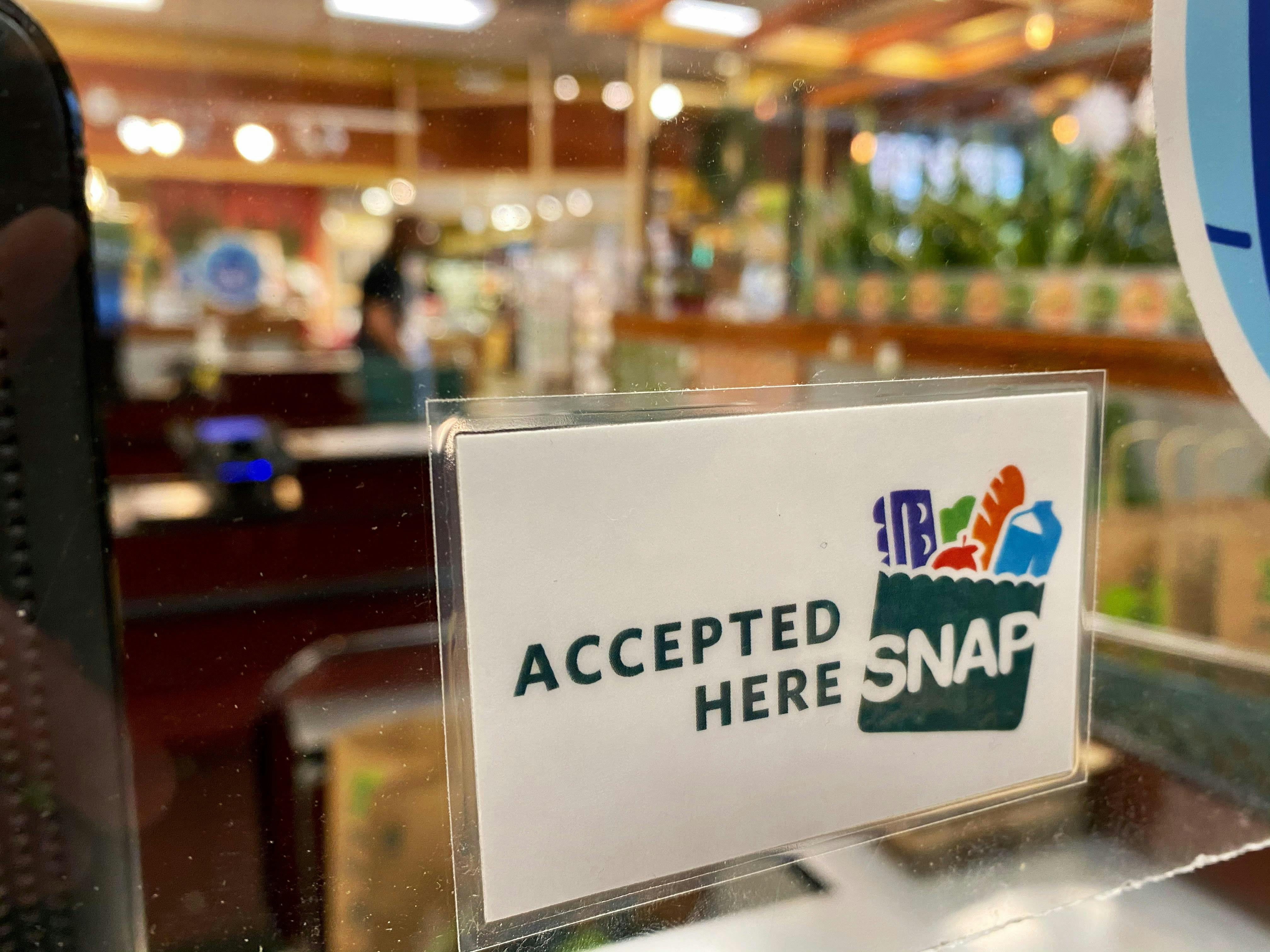The growth of large national chains have been driven by the desire of globalization and economies of scale. The consequence has been the industrialization of our food system with a collection of “too big to fail” agribusiness and food corporations. It has diminished the personal trust and relationship between those who grow our food and those who buy it. The emphasis on scale to expand market share encourages the competitive and predatory behavior of these large chains. So many of the problems today seem to stem from an addiction to growth at all cost (many of those have negative environment and social impacts that are often not understood).
Why do companies need to continually add locations in further and further out locations?
The idea of becoming really good at one’s local place and then going deeper and deeper with quality and service is an admirable thing. Instead of economies of scale we need economies of community. Economies of community can counter with a movement to create networks of farms, highly local distribution channels and motivated citizens all deeply engaged and connected with Richmond and the surrounding area. Such a system makes people a part of something greater than themselves; a community of human beings who choose to establish healthy lifestyles and a clean sustainable environment. The economy needs to be relocalized.
This better system is a more transparent smaller, local one that emphasizes personal connection and a sustainable community. Stay right in your hometown and become the best business you can be, all the while protecting the environment, treating your workers well and being sensitive to the social impacts of what you do. Emphasize community relationships with customers, vendors and collaborate with others in your segment. Support and get better together vs. the ruthless competition that is seen on the national stage. Collaboration among local independent food business, all focused intently on this special place can create efficiencies, more consistency and competitive pricing. Most importantly this inclusive and cooperative mentality fosters a stronger infrastructure that benefits the immediate area and community.











